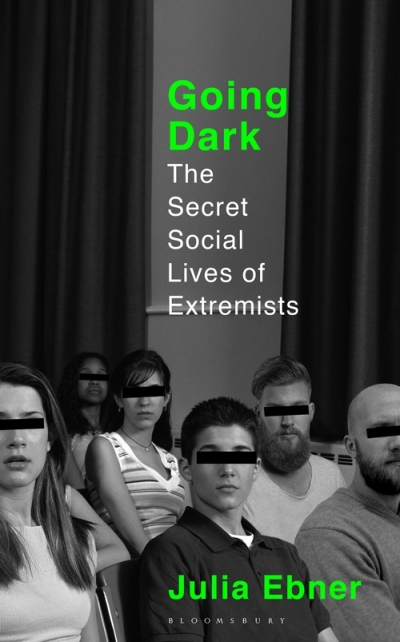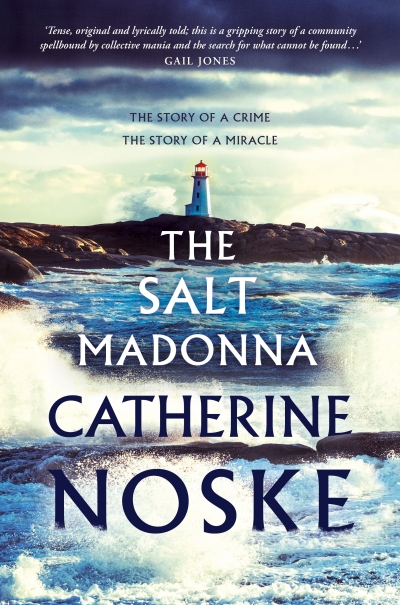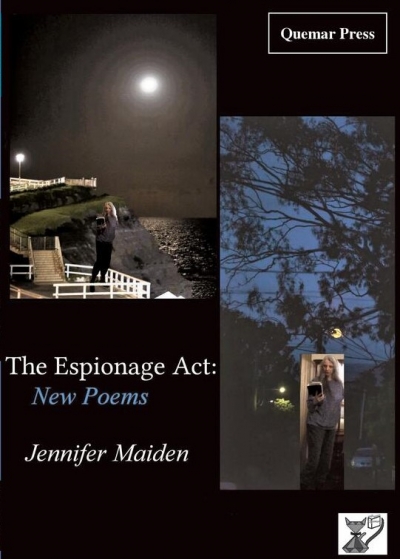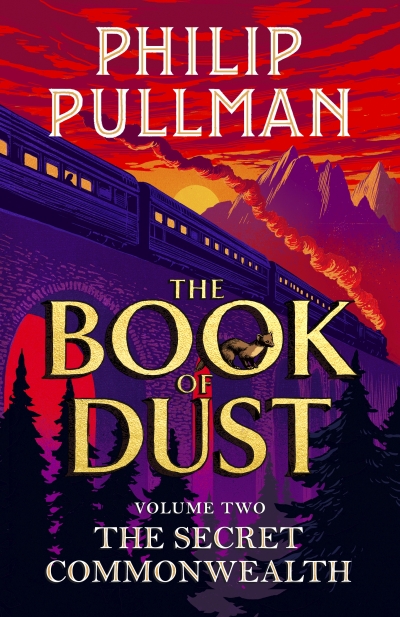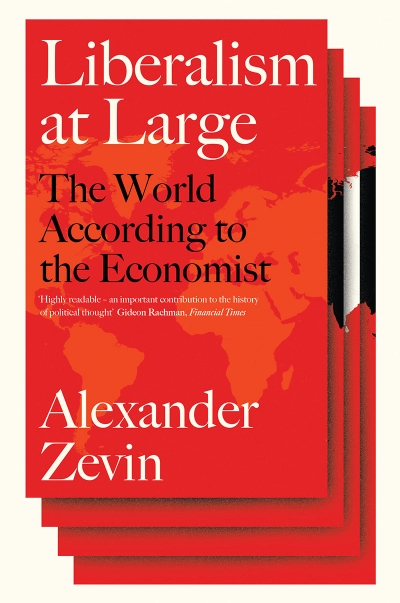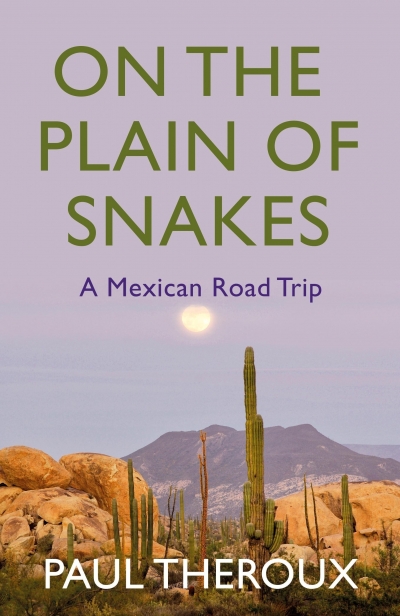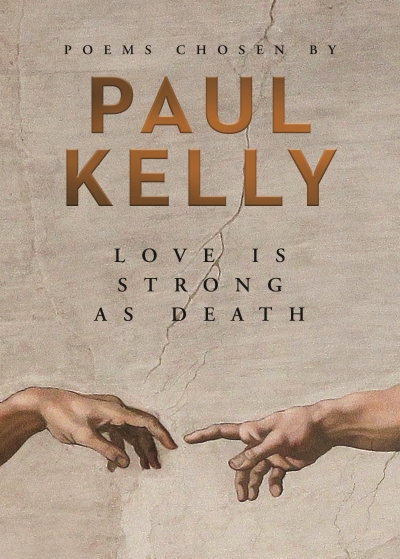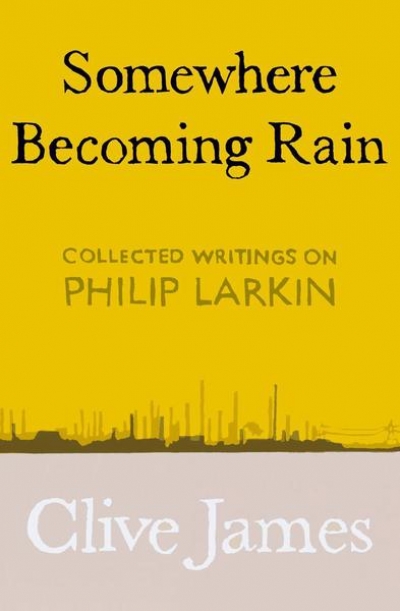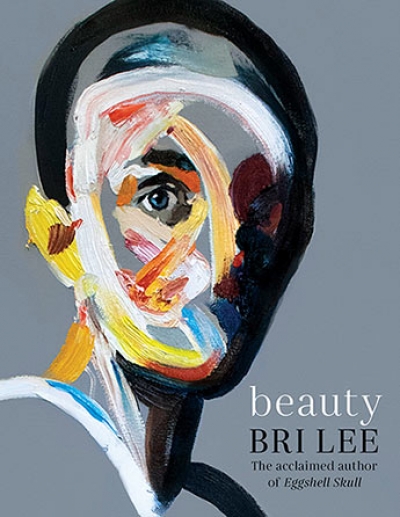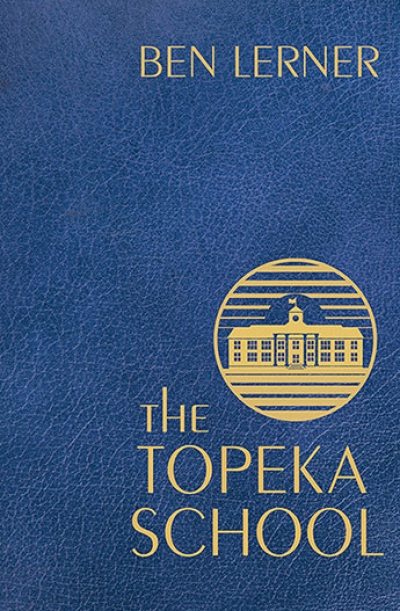Book of the Week
Sign up to Book of the Week and receive a new review to your inbox every Monday. Always free to read.
Recent:
On 15 March 2019, the worst mass shooting in New Zealand’s history took place at the Al-Noor Mosque and the Linwood Islamic Centre in Christchurch. Fifty-one people were killed and forty-nine injured as they gathered for Friday prayers. Sickeningly, the gunman, Brenton Tarrant, live-streamed the event on Facebook. A manifesto written by Tarrant quickly surfaced, full of coded language and references best understood by the alt-right community on online platforms such as Reddit, 4Chan, and 8Chan. In court, as he waited for charges to be read out, Tarrant flashed the ‘okay’ signal, once an innocuous hand gesture, now transformed by the culture of the alt-right into a symbol of white supremacy.
... (read more)From the mainland, the fictional Chesil Island appears to float on the horizon. Perched above its bay, a statue of the Virgin Mary spreads its arms, its robes ‘faded and splintered by salt’. This icon of the miraculous and maternal, crafted from trees and symbolic of the invasion and settlement of Indigenous land, is imposing and worn, revered and neglected.
... (read more)W.H. Auden once rebuked Percy Shelley for characterising poets as ‘the unacknowledged legislators of the world’. To think this way is to confuse hard with soft power, coercion with persuasion. Poetry, as Auden famously wrote, ‘makes nothing happen’; he instead bestowed Shelley’s epithet upon ‘the secret police’. But in an age of surveillance and information warfare that has militarised the channels of everyday communication, the line between hard and soft becomes more difficult to draw. The very notion of a random or innocent signal seems laughably naïve as we are inundated by new suspicions and suspicions of news. But the state of mind in which there is always more meaning to be had is one that poetry invites us to inhabit. For Shelley, poems were ‘hieroglyphs’ and the poetic imagination an ‘imperial faculty, whose throne is curtained within the invisible nature of man’. Is the poet an agent, then, of this secretive control? Perhaps Shelley was on Auden’s side all along.
... (read more)The Book Of Dust, Volume Two: The Secret Commonwealth by Philip Pullman
Philip Pullman must be one of the weirdest figures to emerge from the sometimes dark woods of children’s writing. Not the least striking thing about him is that the woods can be very dark, Dante-dark, indeed. At the same time, he does not have the ballast of those two mutually despising inklings to whom he is routinely compared, C.S. Lewis and J.R.R. Tolkien, in having the deeper comforts of anything like the Christian mythology that feeds into the Narnia books, or the way in which The Lord of the Rings summons up a universe of Gothic and Germanic ring-lore and then shows how it works with tremendous moral force and with snow-white magic against all the putative and primeval Nazism in the world.
... (read more)Liberalism at Large: The world according to The Economist by Alexander Zevin
Few media institutions are revered across the mainstream political spectrum quite like The Economist. Since its founding in London in 1843, The Economist – which insists on calling itself a newspaper despite switching to a magazine format in the mid-twentieth century – has developed a reputation for intelligent, factual reporting and forthright advocacy for free trade and economic expansion. And it has weathered the digital storm far better than most publications, with print circulation now higher than it was prior to the arrival of the internet.
... (read more)On The Plain Of Snakes: A Mexican road trip by Paul Theroux
At seventy-six, Paul Theroux drove from his home in Cape Cod to Chiapas, Mexico’s southernmost state. On the Plain of Snakes: A Mexican road trip is his account of this adventure, at times misinformed, on occasions tedious, with moments of entertaining, well-researched discussions about the scintillating complexity of Mexico.
... (read more)Love is Strong as Death: Poems chosen by Paul Kelly edited by Paul Kelly
The assertion that ‘love is strong as death’ comes from the Song of Solomon, a swooning paean to sexual love that those unfamiliar with the Old Testament might be startled to find there. Songwriter and musician Paul Kelly has included it in this hefty, eclectic, and beautifully produced anthology of poetry, which has ‘meaningful gift’ written all over it.
... (read more)Somewhere Becoming Rain: Collected writings on Philip Larkin by Clive James
To some it may seem solipsistic to be reviewing what is, in effect, a collection of reviews, but when the reviewer in question is as smart as the late Clive James and the subject is as substantial as Philip Larkin (1922–85) this is unlikely to be the case.
... (read more)My local shopping centre has seven nail bars, two waxing salons, and a brow bar. A cosmetic surgery clinic touts ‘facial line softening’ and ‘hydra facials’. A laser skin clinic offers cosmetic injections. Three other beauty temples offer ‘cool sculpting’, ‘eyelash perms’, and ‘light therapy’ for skin. I live in a gentrified, working-class suburb in Melbourne’s inner west. I’ve never set foot in these beauty shops, but they’re replicating like cells.
... (read more)Modern US culture has a peculiar love of the extracurricular world of teenagers, valorising the spelling bees, debating competitions, and varsity-level football games of its youth. In Ben Lerner’s new novel, The Topeka School, the interscholastic debating trophy is so sought after that tournaments resemble verbal combat, in which high-school competitors rely on sly technique rather than substance. Witness the use of what our teenage protagonist, Adam Gordon, aptly refers to as ‘the spread’: a rapid-fire, near-hysterical diatribe designed to deliver so many arguments in such a short amount of time that the opposing team will be unable to address each point.
... (read more)


